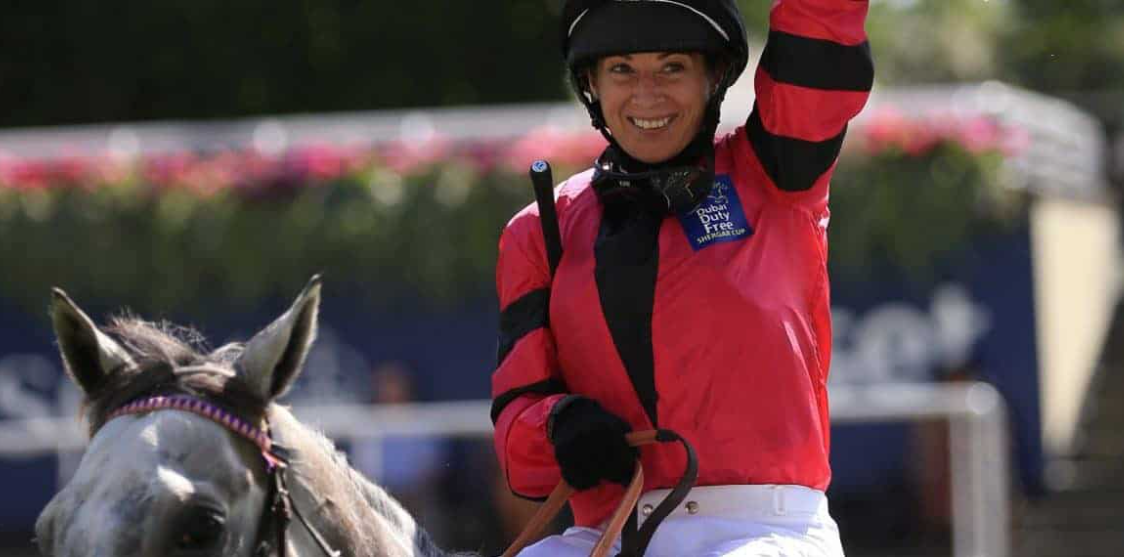What It Takes to Become a Professional Jockey
Becoming a professional jockey demands more than just riding skills. It requires a comprehensive understanding of horse behavior and an unwavering commitment to physical fitness. Aspiring jockeys must also cultivate a supportive network within the industry. These elements intertwine to create a successful career. Yet, the journey is fraught with challenges that extend beyond the racetrack. What specific skills and connections truly set apart the elite jockeys from the rest?
Understanding Horse Behavior
A deep understanding of horse behavior is essential for anyone aspiring to become a professional jockey.
Recognizing body language and stress signals can profoundly influence a jockey’s performance and the horse’s well-being. Subtle cues, such as ear position and tail movement, reveal a horse’s emotional state.
Mastering these insights fosters a harmonious relationship, enhancing both rider and horse’s freedom on the racetrack.
See also: 10 Famous Horses That Made History in Horse Racing
Essential Riding Techniques
Recognizing horse behavior provides a foundation for developing effective riding techniques, which are vital for any aspiring jockey. Key components include saddle balance and riding posture. Mastery of these techniques enhances communication with the horse, ultimately leading to improved performance.
| Technique | Description |
|---|---|
| Saddle Balance | Ensuring even weight distribution |
| Riding Posture | Maintaining a relaxed yet alert stance |
| Grip Techniques | Using legs and hands effectively |
| Rein Management | Controlling speed and direction |
Physical Fitness and Nutrition
While the thrill of racing and the bond between jockey and horse are paramount, physical fitness and nutrition play critical roles in a jockey’s success.
A rigorous regimen of strength training enhances endurance and agility, enabling jockeys to maintain control during races.
Additionally, meticulous meal planning ensures they meet weight requirements while fueling their bodies for optimal performance, striking a balance between health and athleticism.
Building a Support Network
Building a robust support network is essential for aspiring jockeys, as the complexities of the racing industry can be overwhelming.
Engaging in mentorship programs can provide invaluable guidance, while fostering industry connections opens doors to opportunities.
A well-established network helps jockeys navigate challenges, gain insights, and enhance their skills, ultimately paving the way to success in a competitive field.
Conclusion
In the intricate dance of horse racing, each aspiring jockey is akin to a skilled conductor, orchestrating a symphony of strength, technique, and intuition. Mastering the art of riding is but one note in this grand composition; understanding the horse’s spirit and building a network of mentors are essential harmonies that resonate through the sport. As they navigate the track’s twists and turns, the successful jockey emerges not just as a rider, but as a true artisan of the equestrian world.




